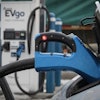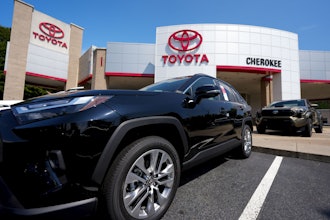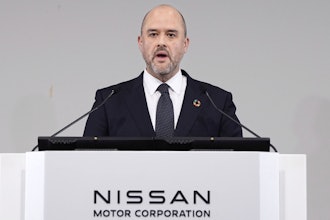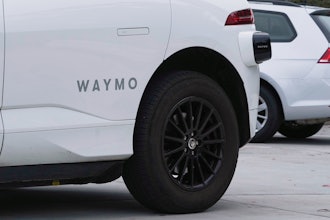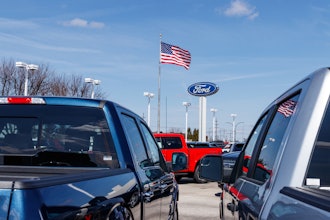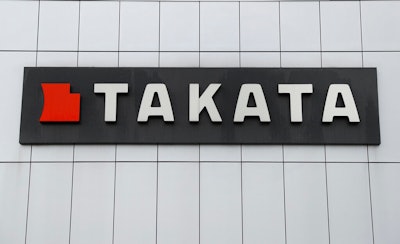
DETROIT (AP) — Stellantis is warning owners of 276,000 older vehicles to stop driving them after Takata driver's air bags apparently exploded, killing three more people.
The company, formerly Fiat Chrysler, is telling people to stop driving Dodge Magnum wagons, Dodge Challenger and Charger muscle cars and Chrysler 300 sedans from the 2005 through 2010 model years.
Stellantis says that it confirmed the air bag inflators blew apart in two cases, killing two drivers. The company suspects an inflator rupture in another case that also killed a driver. All three deaths were in the U.S. and happened in the past seven months, the company said.
The fatalities bring the death toll from exploding Takata air bags to at least 32 worldwide, including 23 in the United States.
The vehicles were all recalled in 2015, and free repairs were available since then. Stellantis said it made numerous attempts to reach owners but the repairs were not made. The recalls affect vehicles in which the air bag inflators have not been replaced as part of the recall.
“The longer these particular vehicles remain unrepaired, the greater the risk of an air bag rupture,” Stellantis said in a prepared statement Thursday.
Takata used ammonium nitrate to create a small explosion to inflate air bags in a crash. But the chemical can become more volatile over time when exposed to moisture in the air and repeated high temperatures. The explosion can blow apart a metal canister and hurl shrapnel into the passenger compartment.
Potential for the dangerous malfunction led to the largest series of auto recalls in U.S. history, with at least 67 million inflators recalled. The U.S. government says that millions have not been repaired. About 100 million inflators have been recalled worldwide.
Most of the deaths have been in the U.S., but they also have occurred in Australia and Malaysia.


